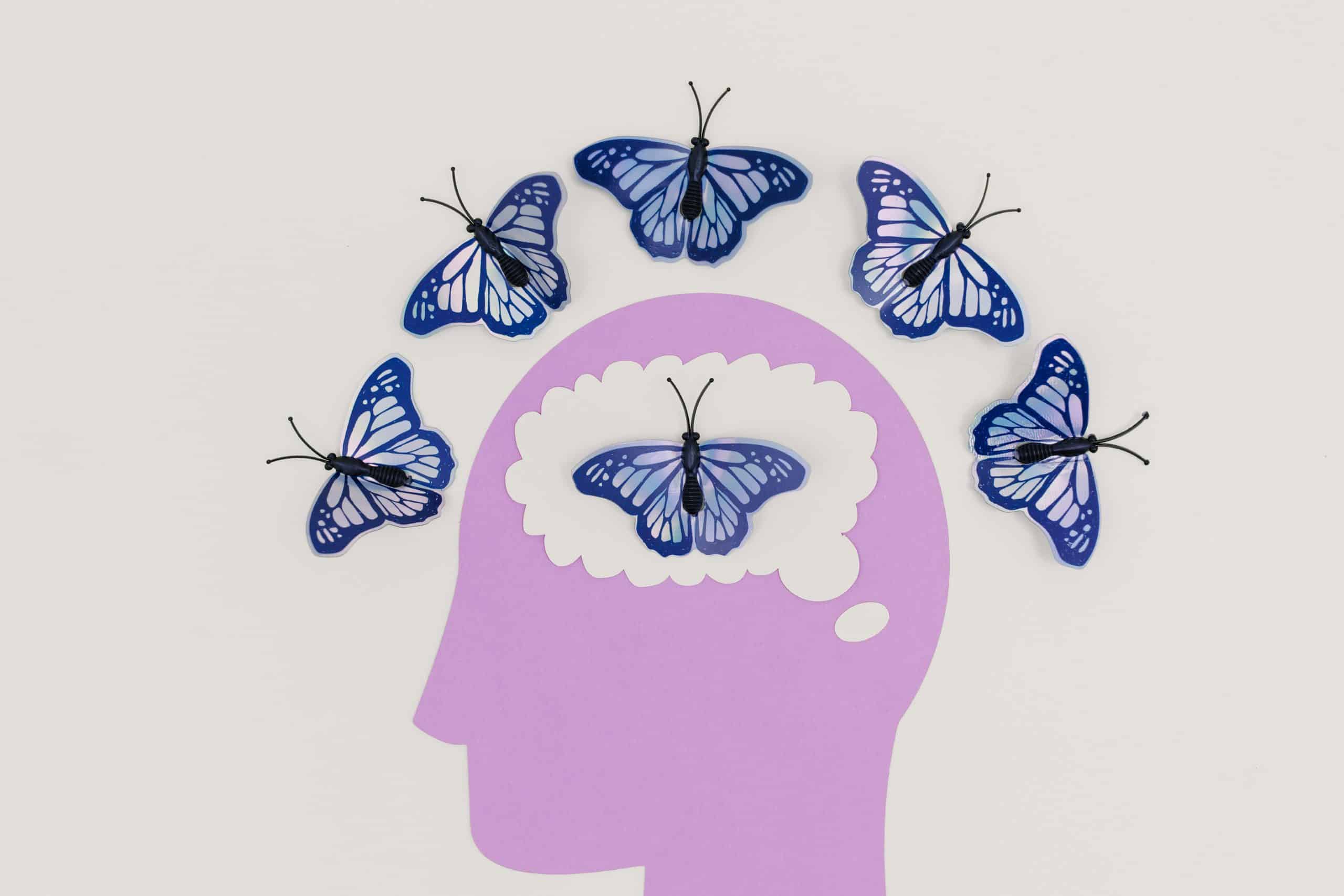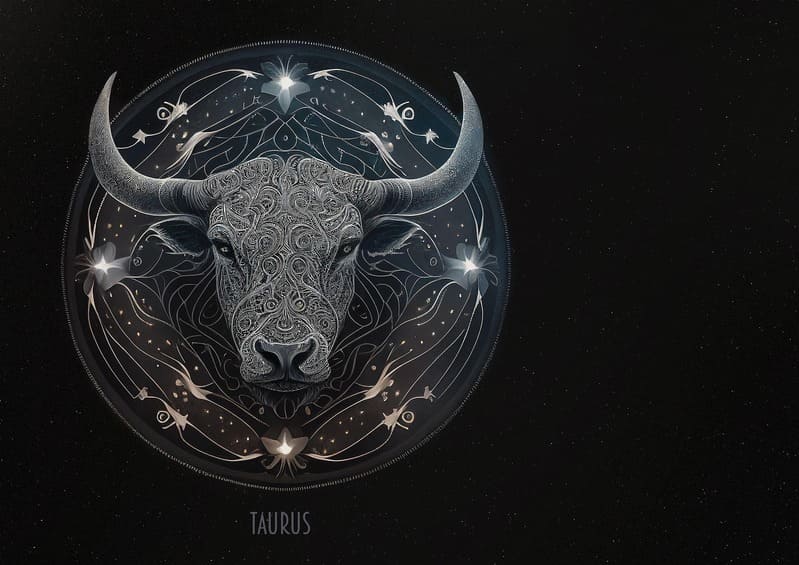Relationship anarchy is emerging as a bold and relatable alternative, particularly among Generation Z. Where traditional relationship rules seem more like outdated manuals for a generation that values independence and digital connections. As feelings of loneliness creep in, even with all our modern connectivity, young people are stepping away from the rigid labels. These labels are “boyfriend,” “best friend,” or “soulmate,” and they are instead focusing on building relationships rooted in authenticity, consent, and genuine desire.
This movement extends beyond simply rejecting monogamy and traditional norms; it represents a comprehensive reimagining of how we perceive love, intimacy, and community. Relationship anarchy challenges the idea that one relationship should be the center of our lives. Instead, it paves the way for a richer, more diverse landscape of emotional connections—whether platonic, romantic, or some combination of the two—each one distinct from the norm. In this era of independence and emotional exhaustion, maybe this fresh approach is exactly what the next generation needs to truly flourish.
What Is Relationship Anarchy?
Relationship anarchy is a concept that challenges the traditional hierarchy of relationships, where romantic or sexual connections often take precedence over friendships and other types of bonds. Those who embrace relationship anarchy see each relationship as a unique entity, built on mutual consent and shared values rather than societal norms.
A Remedy for Loneliness
In a world where loneliness is often described as a modern epidemic, especially among younger people, relationship anarchy offers a refreshing alternative. It fosters a wider, more personal network of emotional support by tearing down the conventional labels of “friend,” “partner,” and “soulmate.” Being able to be yourself without having to worry about fitting into a single, all-encompassing role is made possible by these adaptable connections, which can be extremely satisfying.
Prioritizing Autonomy and Consent
At the heart of relationship anarchy lies a deep respect for individual autonomy and a commitment to ongoing, enthusiastic agreement. Nothing is assumed in these relationships, whether it be time, affection, or exclusivity. Every agreement is made with intention, allowing people to be themselves and cultivating meaningful connections at the same time.
Custom-Built Relationship Models
Relationship anarchy invites people to craft their unique relationship blueprints instead of sticking to the usual templates like monogamy or the “escalator” model (you know, dating → moving in → marriage → kids). The emphasis is on being deliberate and open, rather than simply adhering to societal norms. When it comes to creating connections that truly meet our needs, whether that means having multiple romantic partners, platonic life partnerships, or chosen family arrangements.
Challenges and Emotional Labor
However, it is not always easy to accept relationship anarchy. It often requires a significant amount of emotional work, like setting clear boundaries, being vulnerable, and negotiating terms. Many folks find that without the “pre-installed rules” of traditional relationships, it can be tough to keep redefining how they relate to one another.
A Movement, Not a Moment
However, the reward may be a deeper, more meaningful emotional connection for those who persevere. While it might seem a bit out there or overly idealistic, relationship anarchy is becoming more popular as people increasingly turn away from traditional roles in favor of authenticity, equality, and freedom. It’s not about chaos; it’s about intentionally dismantling default power dynamics in relationships to create something that feels more genuine and supportive.
Conclusion
At its core, relationship anarchy presents a fresh and revolutionary perspective for Gen Z, allowing them to rethink how they connect in a world that can often feel lonely and superficial. This philosophy pushes us to defy outdated norms and build relationships that are as dynamic and complex as we are by placing honesty, consent, and emotional diversity first in our relationships. Relationship anarchy may be the bold and deliberate path forward for a generation yearning for genuine intimacy in a sea of carefully selected images and constant distractions.








